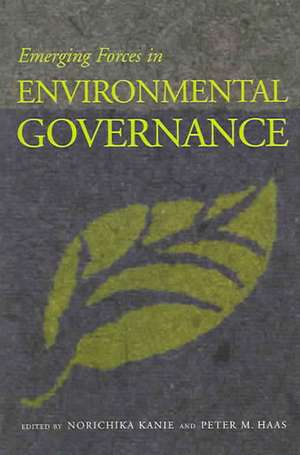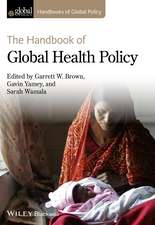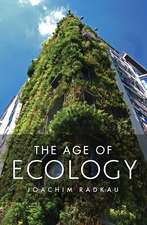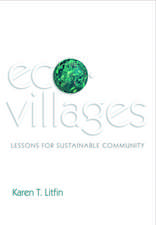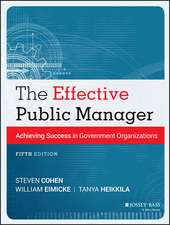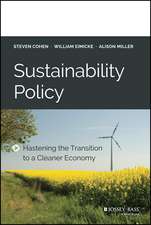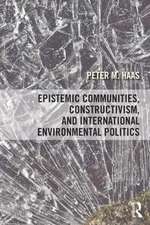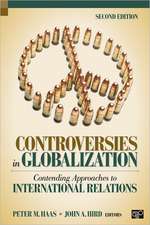Emerging Forces in Environmental Governance
Editat de Norichika Kanie, Peter M. Haasen Limba Engleză Paperback – 28 iul 2004
International governance increasingly occurs through complex synergies between networks of actors across levels of international politics. This volume describes and analyzes the activities of many new actors in the realm of sustainable development. It highlights their activities and challenges, as well as critiques of their role in international governance. At the same time, the authors raise new theoretical and empirical questions for the future study of globalization and the formulation of policies for global issues. While states ultimately continue to make and enforce international law, they are increasingly dependent upon multilateral institutions, organized science, NGOs and social movements, and business and industry for formulating their views and conducting policy. This volume focuses on clarifying the key actors and the governance functions they perform in addressing environmental threats.
Preț: 298.18 lei
Nou
Puncte Express: 447
Preț estimativ în valută:
57.06€ • 61.96$ • 47.93£
57.06€ • 61.96$ • 47.93£
Carte tipărită la comandă
Livrare economică 22 aprilie-06 mai
Preluare comenzi: 021 569.72.76
Specificații
ISBN-13: 9789280810950
ISBN-10: 9280810952
Pagini: 312
Dimensiuni: 152 x 229 x 18 mm
Greutate: 0.48 kg
Editura: Brookings Institution Press
Colecția United Nations University Press
Locul publicării:Japan
ISBN-10: 9280810952
Pagini: 312
Dimensiuni: 152 x 229 x 18 mm
Greutate: 0.48 kg
Editura: Brookings Institution Press
Colecția United Nations University Press
Locul publicării:Japan
Notă biografică
Norichika Kanie is associate professor in the department of value and decision science at the Graduate School of Decision Science and Technology,Tokyo Institute of Technology. Peter M. Haas is professor of political science at the University of Massachusetts at Amherst.
Descriere
International governance increasingly occurs through complex synergies between networks of actors across levels of international politics. This volume describes and analyzes the activities of many new actors in the realm of sustainable development. It highlights their activities and challenges, as well as critiques of their role in international governance. At the same time, the authors raise new theoretical and empirical questions for the future study of globalization and the formulation of policies for global issues. While states ultimately continue to make and enforce international law, they are increasingly dependent upon multilateral institutions, organized science, NGOs and social movements, and business and industry for formulating their views and conducting policy. This volume focuses on clarifying the key actors and the governance functions they perform in addressing environmental threats.
